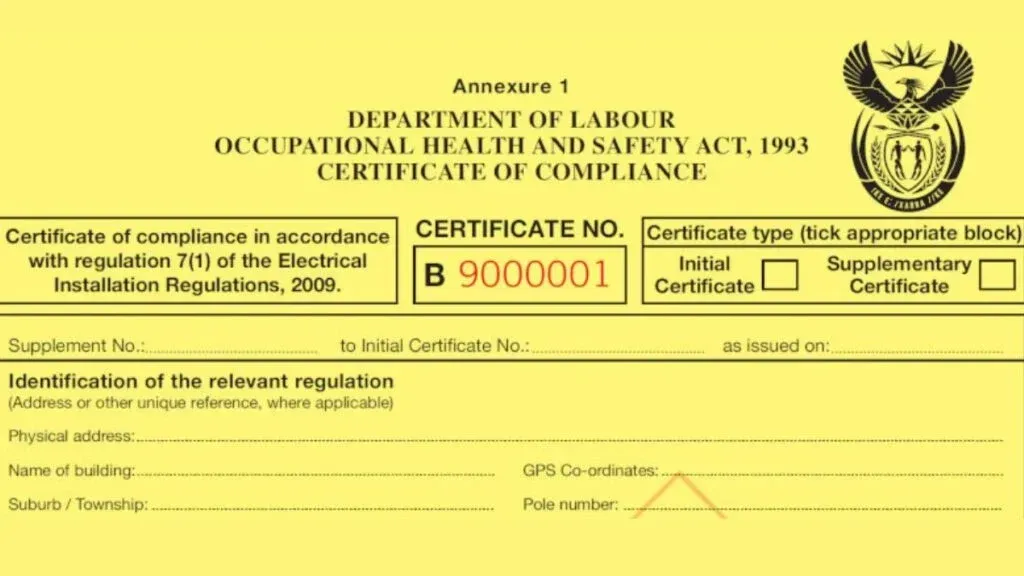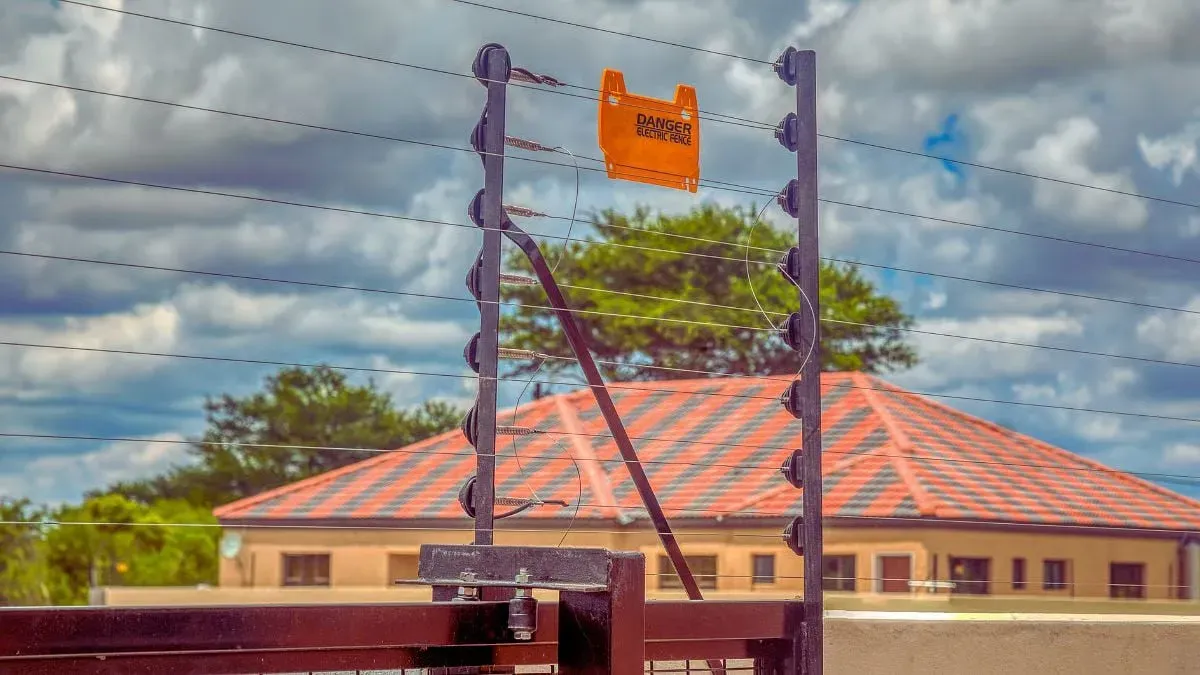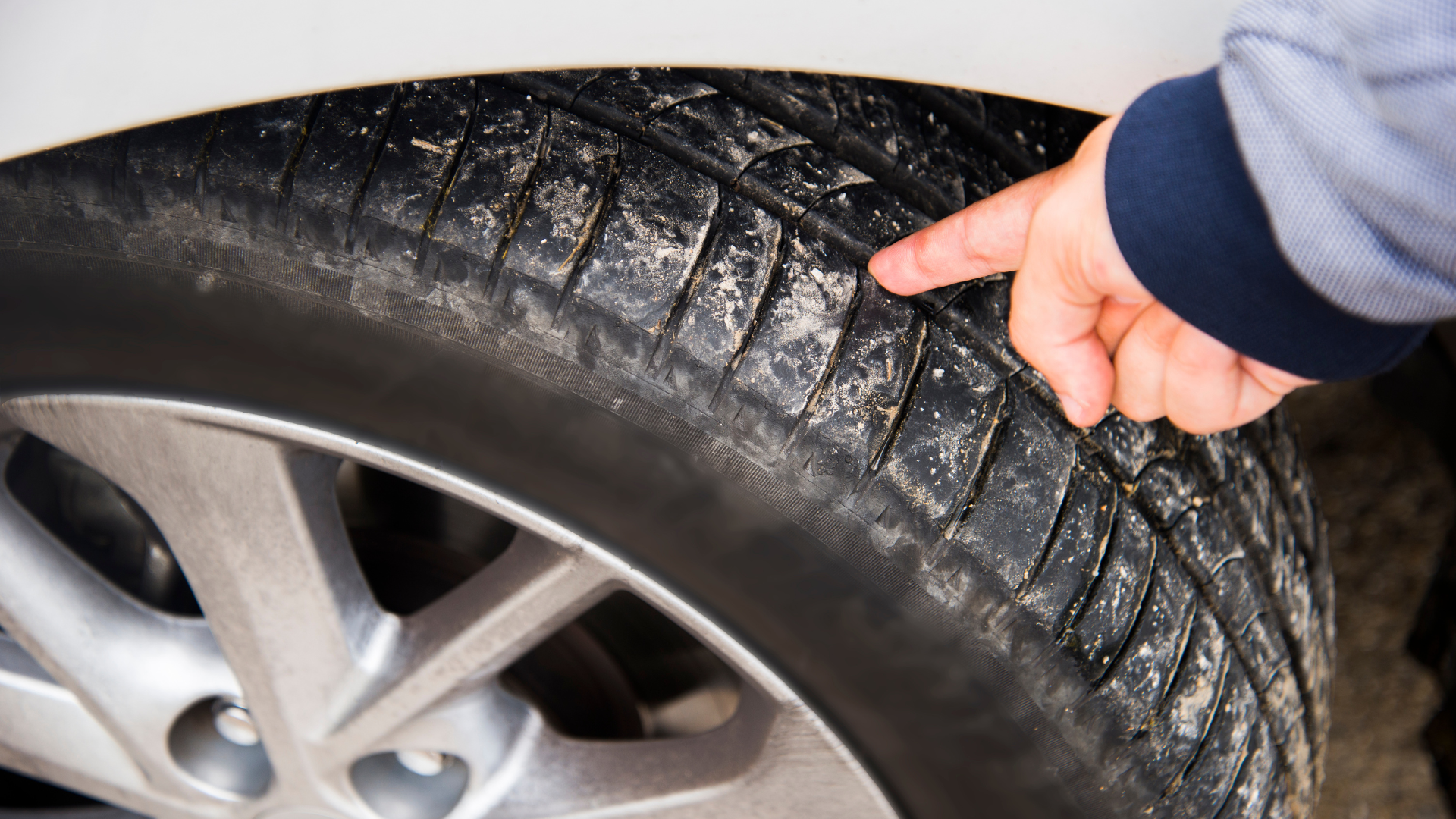A warning to South African homeowners with electric fences
South African homeowners are being warned to ensure their electric fences are up to standard amid stricter law enforcement in the country.
Electric fencing remains one of the most popular security measures in South Africa, widely used by homeowners and businesses alike.
However, homeowners are cautioned that failing to comply with electric fencing laws could have serious legal and financial consequences.
This is according to personal injury law firm DSC Attorneys, which said electric fencing is inherently dangerous and must be installed and maintained correctly to ensure safety.
Electric fencing is made up of multiple strands of wire powered by an energiser or transformer.
When properly installed and maintained, the energiser creates intermittent electronic pulses of up to 10,000 volts.
Because the electricity flowing through the wires is turned on and off every second, the system is not lethal when touched. However, the risks increase significantly when things go wrong.
“When the transformer that converts low-voltage power to high-voltage power is faulty, or an animal or person gets entangled in loose wiring, there’s a risk of serious injury, and even death,” said DSC Attorneys.
Vulnerable groups, including children and people with heart conditions or pacemakers, are especially at risk when exposed to continuous high-voltage shocks.
A key issue, the law firm stressed, is compliance. Homeowners are legally required to have a valid Certificate of Compliance (CoC) issued by a qualified electric fencing installer registered with the Department of Labour.
Without this certificate, property owners can be held civilly and even criminally liable if someone is injured by their fence.
“A property owner whose electric fencing doesn’t comply with the regulations may face a hefty fine or jail time, especially if the fencing seriously injures someone,” DSC Attorneys warned.
Electric fencing regulations in South Africa are governed by the Electrical Machinery Regulations of 2011, but new updates introduced by the South African Bureau of Standards (SABS) in June 2023 have significantly tightened the requirements.
These updates apply to all electric fencing, whether used for residential, agricultural, game, or security purposes.
Valid Certificate of Compliance is crucial

One of the most important changes involves stricter grounding standards. Wires must run through protective conduits to earth spikes and remain exposed for visual inspection. Burying wires underground is no longer acceptable.
“The standard also mandates the use of stronger materials, such as high-grade wires and insulators, to improve durability and overall safety,” said DSC Attorneys.
The new rules include mandatory inspection requirements in addition to installation standards.
Homeowners must perform visual checks of their fences monthly and conduct more thorough technical inspections every three months.
These inspections must follow a standardised testing procedure and result in official certification to ensure the system functions safely and legally.
“Although rules for electric fences were first introduced in 2011 under the Occupational Health and Safety Act, enforcement has been minimal until now,” said the firm.
That is changing, with the Department of Labour now actively pushing for compliance.
Installers of Electric Fence Systems must be registered, and every property with such a system must have a valid CoC. Non-compliance is a criminal offence.
Insurance implications are another major concern. Homeowners who do not comply with the regulations risk having claims rejected if their electric fence causes injury or damage. They could also be sued or prosecuted.
Additionally, electric fences in urban areas must now display yellow warning signs at all gates and access points, on corners, and every 10 metres along the fence.
These signs are legally required to alert the public and reduce the risk of accidental contact.
The Department of Labour has urged homeowners to take these requirements seriously. Using only registered installers, scheduling regular inspections, and ensuring a valid Certificate of Compliance is in place is the law.
“Any homeowner who does not have a valid Certificate of Compliance can be held civilly and criminally liable for injuries caused by the fencing.”



